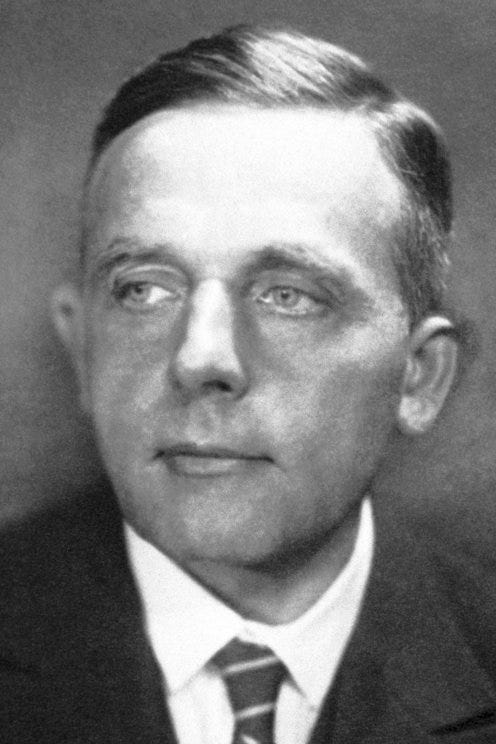The Warburg Effect and the Cause of Cancer
Could his work provide ways to defeat the disease?
Otto Heinrich Warburg was a renowned German physiologist and medical doctor, famous for his ground-breaking research on the metabolism of tumours and the respiration of cells. His work led to the discovery of what is now known as the "Warburg Effect". Warburg proposed that a fundamental change in energy production was not just a symptom, but the primary cause of cancer, a hypothesis that, while controversial, continues to influence the field of cancer research today. Although his theories about the cause of cancer have not been universally accepted, they have spurred significant research into the metabolic changes associated with cancer and potential therapeutic strategies.
Perhaps we ought to have paid greater attention to his theories on the causes and treatment of cancer and it seems that the scientific community might be experiencing a renaissance of interest in Warburg's ideas. Indeed, Otto Warburg's hypotheses, once considered controversial, are now being revisited with a renewed sense of appreciation and relevance. Many of these are ‘conspiracy theories’ that are ridiculed until they are not.
Otto was born on October 8, 1883, in Freiburg, Germany. He was the son of renowned physicist Emil Warburg, a well-respected figure in the scientific community. His father, Emil was friends with many high-profile scientists, including Albert Einstein, so Otto listened in to some extremely interesting discussions from a very early age.
He received a very privileged education. Initially, he studied chemistry under the renowned Emil Fischer, but after meeting the physiologist Albert von Kossel, Warburg shifted his focus to medicine.
In 1918, Warburg was appointed professor at the Kaiser Wilhelm Institute for Biology in Berlin-Dahlem (now the Max Planck Institute). There, he turned his attention to the investigation of vital processes in animal cells, especially the process of oxidation. His discovery that fermentation occurs in yeast cells in the absence of oxygen, even if the cells are fully capable of respiration, was critical in the development of modern biochemistry.
Warburg was awarded his first Nobel Prize in Physiology or Medicine in 1931 "for his discovery of the nature and mode of action of the respiratory enzyme." Warburg was nominated for a second Nobel Prize in 1944 for his work on nicotinamide, the mechanism and enzymes involved in fermentation, and the discovery of flavin (in yellow enzymes). However, Adolf Hitler had issued a decree in 1937 that forbade Germans from accepting Nobel Prizes, and Warburg was forced to refuse the award.
But as a gay, Jewish man, how did Warburg continue to live and work in Nazi Germany throughout the war? Did it have anything to do with the Rockefeller Foundation?
Keep reading with a 7-day free trial
Subscribe to The Naked Emperor’s Newsletter to keep reading this post and get 7 days of free access to the full post archives.




